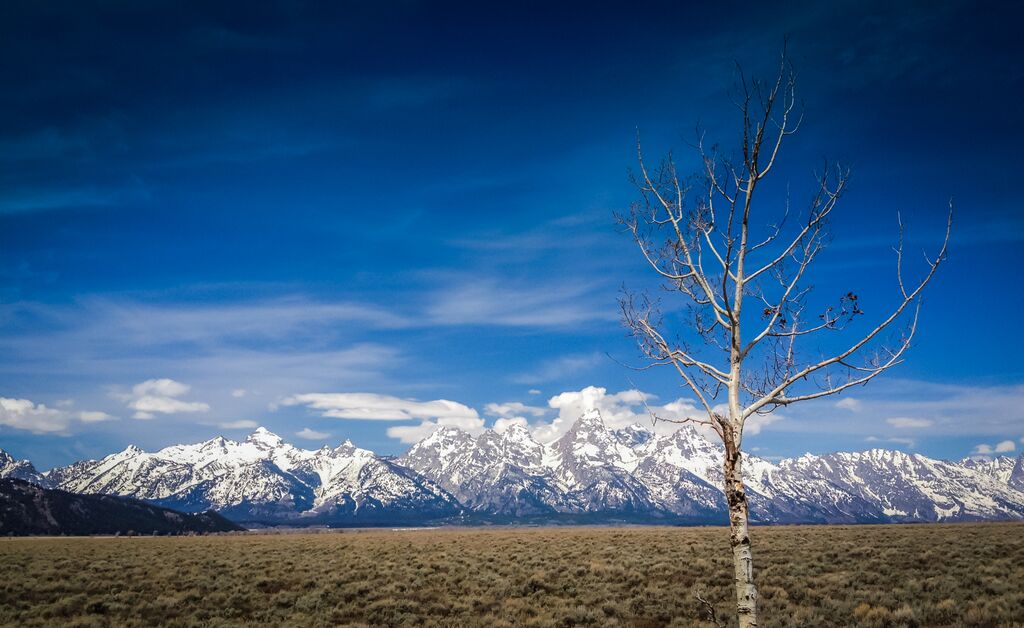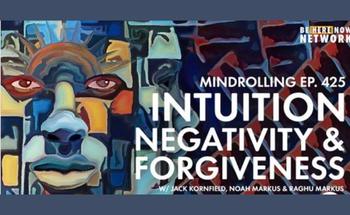A.T. Ariyaratne, a former schoolteacher and Buddhist elder, is considered the Ghandi of Sri Lanka. Refusing to take sides in any form of conflict, Ari’s life is an expression of the middle way. For over two decades there has been a devastating civil war in Sri Lanka. In 2002, the Norwegians brokered a peace agreement. With the peace treaty in effect, Ariyaratne called the followers of his Sarvodaya movement together to support the peace. The Sarvodaya movement uses Buddhist principles of right action to organize one-third of the nation’s villages to dig wells, build schools, and work collaboratively as a form of spiritual practice. Upon Ari’s invitation, a huge gathering of 650,000 Sarvodaya members gathered to hear his vision for the future of Sri Lanka. Speaking to his followers and the nation, Ariyaratne proposed a 500-year peace plan. “Buddhist teachings tell us that to transform ourselves, we must understand causes and conditions. It has taken 500 years to create the suffering of our civil war.” Ari described the primary causes, including the painful effects of 400 years of colonialism, 500 years of struggle between Hindus, Muslims and Buddhists, and several centuries of economic disparity. He went on, “Therefore, it will take us 500 years to change these conditions.” Ariyaratne then proposed his long term plan to heal the country.
The plan begins with several years of cease-fire and ten years of rebuilding roads and schools. Then it goes on to twenty-five years of programs to learn each others’ languages and cultures and fifty years of specific projects to right economic injustice and bring the islanders back together as a whole. And for five centuries, every hundred years there will be a council of elders to take stock on how the plan is going.
Ari is not worried about the next election. He is not worried that he will die before his plan is fulfilled. His is a timeless vision, a sacred intention. He is simply living freely in the middle of it all, planting seeds of goodness and wisdom. Like Ari, when we find the middle way we can act, not out of aversion or grasping, but as a labor of love. Our actions are a product of our vision and compassion, even when the immediate result is uncertain or not visible. Thomas Merton counsels, “Do not depend on the hope of results…As you get used to this idea, you start more and more to concentrate not on the results, but on the value, the rightness, the truth of the work itself.” Planting seeds on the middle way is not always easy. Ariyaratne has been challenged, blamed, his life threatened. When we act for the long tern, there will be pressure to take sides, grasp opinions, constantly measure the results, and try to control everything. But grasping is not the way of wisdom. Praise and blame obstacles and triumph rise and fall as we follow the middle way.
In every committed life, though there are challenges and set backs, we can offer out best and trust the unfolding. Toni Murden, the first woman to row solo across the Atlantic Ocean explains, “If you know what it means to be out in the middle of an ocean by yourself, in the dark, scared, then it gives you a feel for what every other human being is going through. I row an actual ocean. Other people have just as many obstacles to go through.” In the middle way, we are where we are. We row our boat, we plant our seeds.
The nobility that shines from our life has an elegant simplicity. I think of Rob, a dedicated Buddhist practitioner who worked as a paralegal for a public interest law firm in San Francisco. His life had been transformed by fifteen years of devoted meditation, and even though he was sick with AIDS, he was not often afraid. Though he was loved in his community, his family would never accept the fact that he was gay, and had shunned him for most of his adult life. When he was dying, his father and sister came to visit him. They were deeply distressed by his lifestyle and the fact that he was dying of AIDS. His sister spoke to him, “What good have you done with your life anyway?” Rob was too stunned to answer. I met with Rob after the visit, and it was clear that her judgment had hurt him deeply. But then he looked at me and said with the humility of one facing death, “I may not have done much, but I can say two things. I was kind and I found the Dharma. And maybe that is enough for one lifetime.”
It is not given to us to know how our life will affect the world. What is given to us is to tend the intentions of our heart and to plant beautiful seeds with our deeds. If the actions are wise, they will eventually contribute to the well being of all. “Do not doubt that your good actions will bear fruit, and that change for the better can be born from your life,” Ghandi reminds us. “I claim to be no more than an average person with less than average ability. I have not the shadow of a doubt that any man or woman can achieve what I have if he or she would simply make the same effort and cultivate the same hope and faith.”
As we plant our seeds, there grows a profound trust that because we are not separate from all things, our action will eventually bear fruit. As Thoreau explains, “Though I do not expect a plant to spring up where no seed has been, I have great faith in a seed. Convince me you have a seed there, and I am prepared to expect wonders.”
We are not going anywhere. We are each rooted in the middle of the cosmos. Sometimes we feel ourselves floating on the ocean, sometimes we are in the field planting seeds. And however far it appears we journey, we are always at home. Tibetan poet Ngodup Paljor explains:
Robert Frost and I
Have one thing in common
He loves woods
And so do I
But, there seems to be
A big difference
In the way we set forth
In life’s journey
He is a goer,
And I am a sitter
He has miles and miles to go
Before he sleeps
While I have years and years to sit
To reach the same destination
This excerpt is taken from the book, “The Wise Heart”





